The Great Resignation: What Cognitive Science Can Help You Do About It
Learningtogo
NOVEMBER 21, 2022
The Great Resignation: What Cognitive Science Can Help You Do About It. Cognitive Load and the Toxicity of Busyness. John Sweller and colleagues established the theory of cognitive load in 1998. The post The Great Resignation: What Cognitive Science Can Help You Do About It appeared first on Learning To Go.







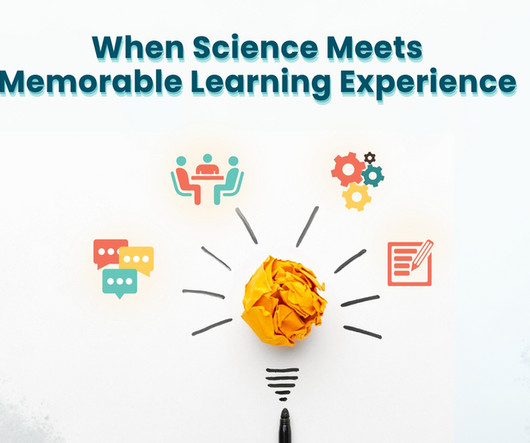


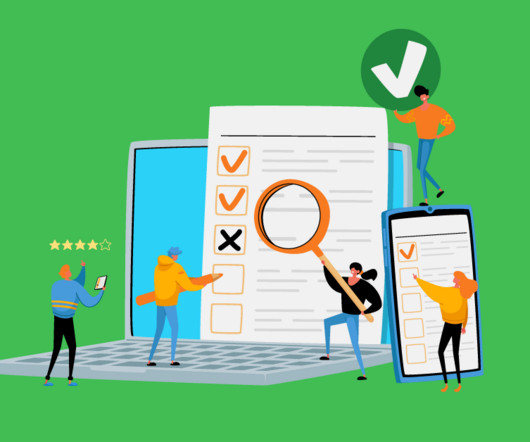


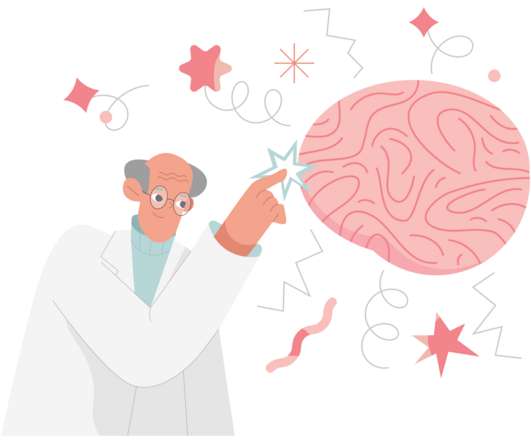



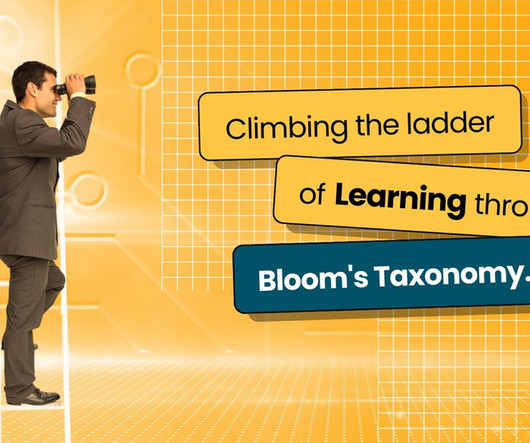



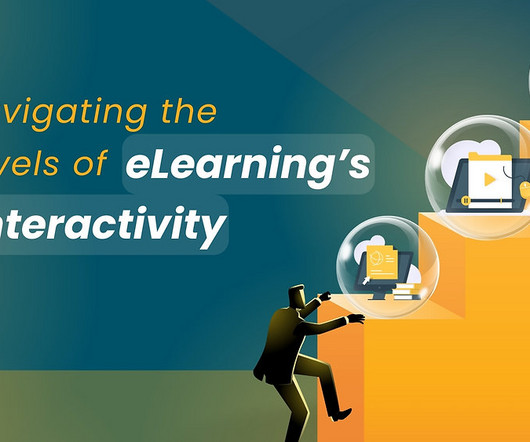














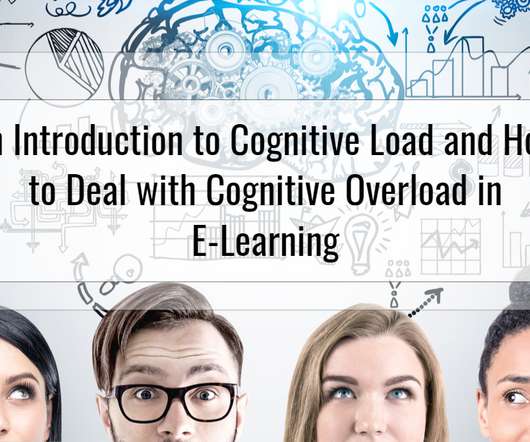















Let's personalize your content